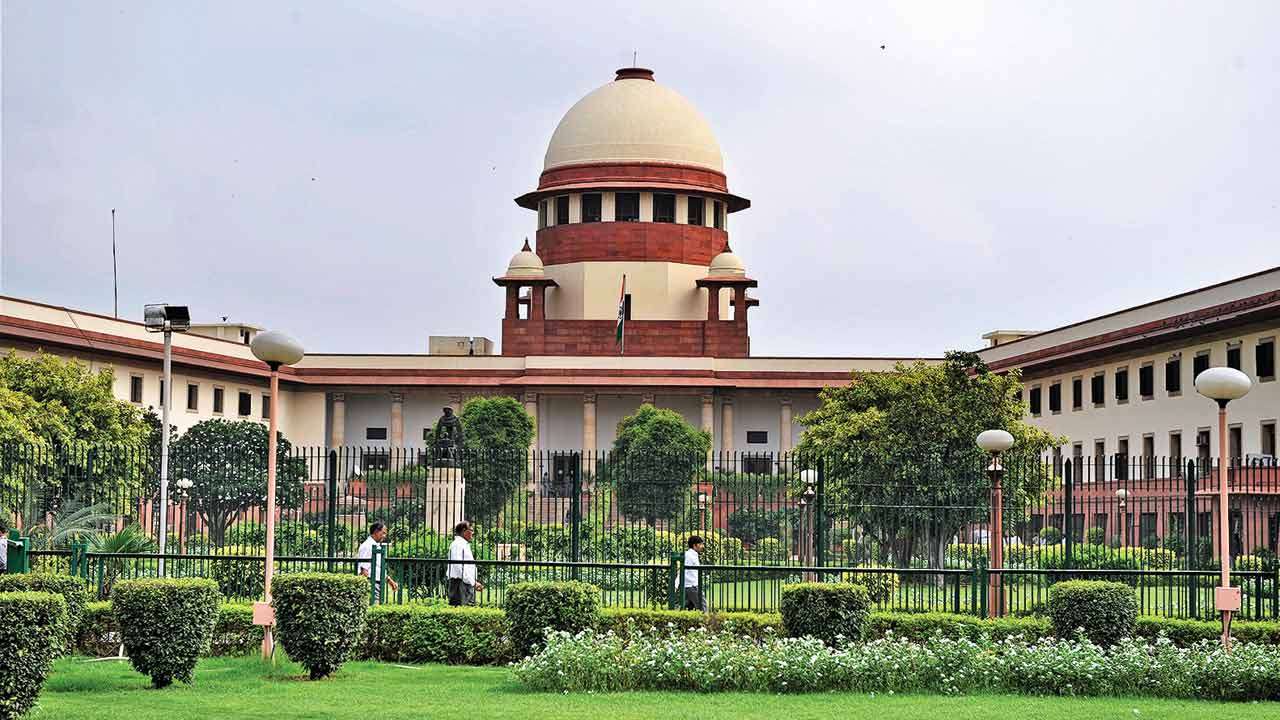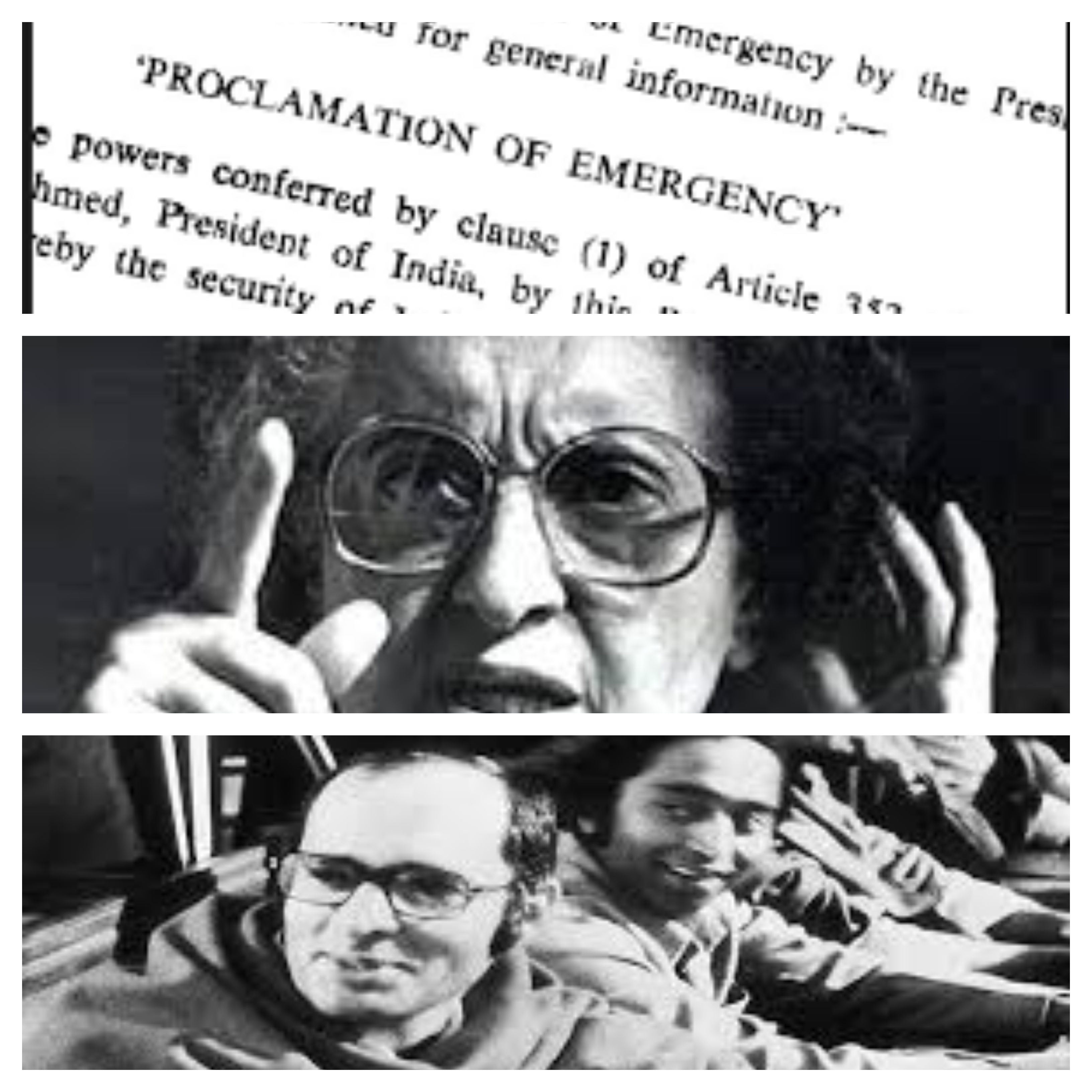

By Our Editorial Team
First publised on 2022-04-28 14:24:11
The case to decide the constitutional validity of Section 124A (commonly known as the sedition law) is being heard for long and the Supreme Court rightly put its foot down on Wednesday when it informed the government that it would not give any more time and will pronounce its judgment after a final hearing on May 5. This is good as the Centre seems to have nothing substantive to add to what it has already submitted in court regarding the section otherwise it would have done so by now.
Back in July last year, during one of the hearings in the case, the Centre had submitted that the apex court may issue "mitigating guidelines" for the proper use of the section. But the apex court had already done that, in a way, in the Kedar Nath judgment in 1962. It had then said that an "intention" and "tendency" to cause public disorder and endanger state security must exist for the section to apply.
But since then, the misuse of the section has increased manifold. It is being used to crush freedom of speech just because what is being spoken or written is not music to the ears of the ruling dispensation. The very existence of the section in the statute books makes it a potent weapon for use against dissenters and the government becomes the sole authority to decide what constitutes sedition, now even on the complaint of a private citizen. The section uses terms which are not clearly defined, are open to misuse and are being misused. The offence is cognizable and non-bailable.
It is clear that no purpose will be served if the Supreme Court issues "mitigating guidelines". The section will be continued to be misused even after that as it has been misused after the Kedar Nath judgment. A law introduced by a subjugator (the British Empire) to quell dissent and jail freedom fighters has no place in modern India and the Supreme Court must strike it down.











